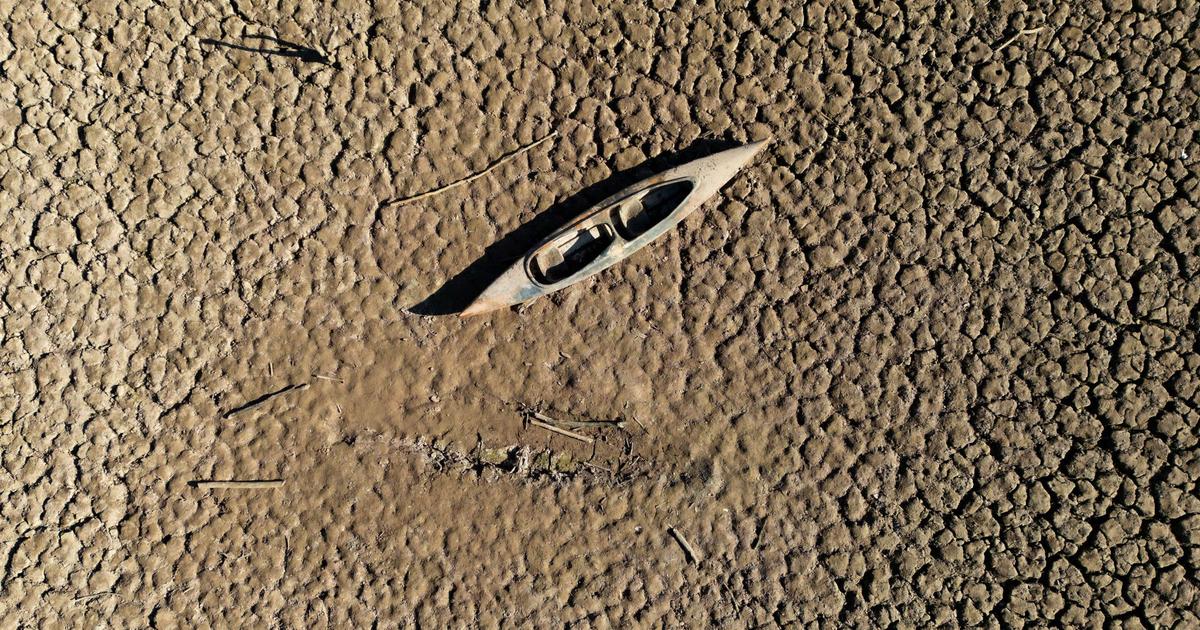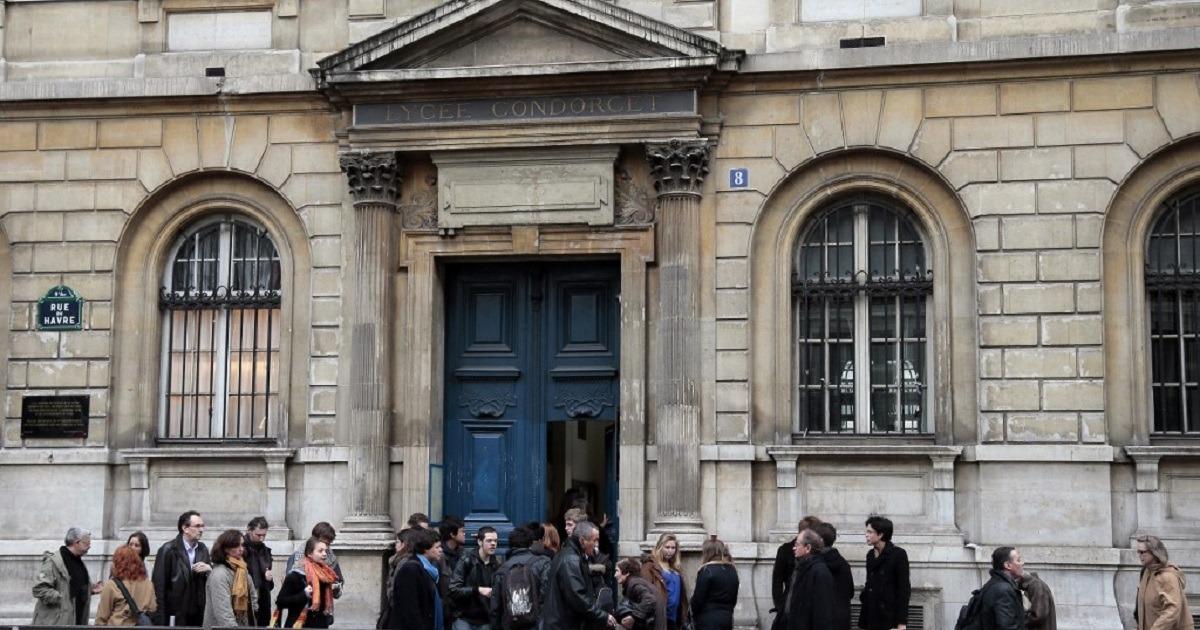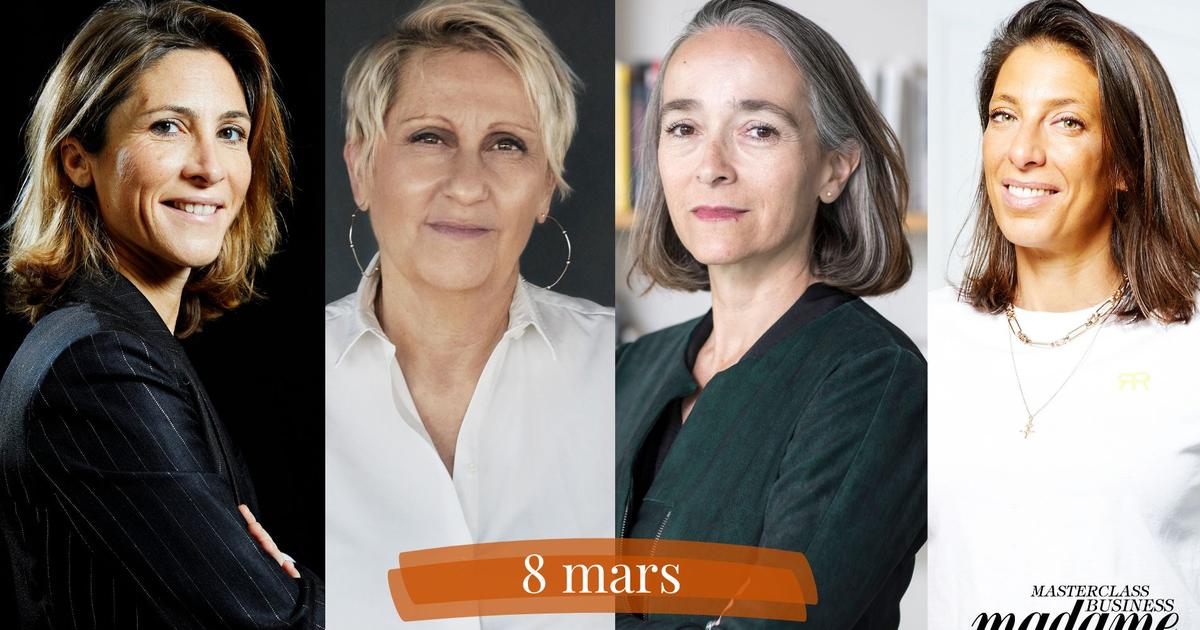His pictures are full of loving details and sometimes colorful.
In his private life, the Munich illustrator Guido Schlaich lives with as few things as possible and very simply.
He does without a lot of things that we take for granted in order to feel more liberated and happier, but he has also reached his limits.
Each of us owns an average of 10,000 items, how many do you have?
Guido Schlaich: I don't count them.
There are people who don't have more than 100 things, that's considered the magical limit of minimalism.
I'm between 100 and 500. It's also questionable what you count: I have ten paper clips and two plates, for example.
Is that then twelve items?
It is important to me that I have everything I need and that I can stow my belongings in the six cupboards in the kitchen unit.
There is space for everything: dishes, kitchen utensils, clothing, spare paper and pens for my work as well as electrical cables and bathroom accessories.
So you don't have any cabinets anymore?
Guido Schlaich: No.
I have a futon bed, a swivel chair that doubles as a TV armchair, a folding chair for visitors, a desk with a mobile pedestal with a computer, telephone and cell phone, and recently a couch again.
Was it too uncomfortable for you?
Guido Schlaich: Personally, I wouldn't have needed the couch, but I noticed that my friends were sometimes uncomfortable sitting on the floor or on my bed.
It is important to me that guests feel comfortable with me.
I only bought this furniture for a visit!
How do you do it when you take someone out to dinner with so few dishes?
Guido Schlaich: I can't cook well.
If there is no lockdown, I go to a restaurant with them to eat, and afterwards we can have a drink at my place.
How are the reactions when people come into your apartment for the first time?
Guido Schlaich: Usually it's a mixture of shock and fascination.
For me it is really completely empty.
Many have a problem dealing with this emptiness.
I, on the other hand, need a clear, sober environment, nothing distracts me and the best creative ideas come to me.
How did it all start?
Guido Schlaich: It started 25 years ago when I came to Munich for my first job after graduating.
I knew I would be moving again soon and I didn't want to carry around so much ballast with me all the time.
The whole thing just annoyed me.
Life changed.
Example: I come from architecture.
Hardly any models were built anymore, so materials and tools were superfluous.
So I said, I'll try to get rid of as much as possible. First it was a challenge, then it became more and more fun.
Why?
What was the effect?
Guido Schlaich: It is liberating not to have to worry about things, to clean them or to maintain them.
We do not notice in everyday life how much time our possessions cost us.
You only notice that when you no longer have things.
Do you miss choosing and buying?
Guido Schlaich: Consumption is fun, but it never lasts long.
That was one of the reasons to rethink.
Because getting rid of things and reclaiming empty space is also fun.
Today I can say that less possessions make me happy.
However, I took it to the extreme.
The concept is not good for everyone.
Especially not for people who feel comfortable with their belongings.
How has your lifestyle changed you personally?
Guido Schlaich: I used to have great difficulties in making decisions, for example.
Today I can make precise, clear and fast decisions and stand by them.
This is not just about possession, but I learned it from him.
Usually more and more things just pile up over time, how do you prevent that?
Guido Schlaich: Of course I have to and want to buy equipment and materials that I need for self-employment or my hobbies.
However, I have never stopped gradually dismantling my property.
It was a long process.
I only finished two years ago!
I like to read real books that I buy and then give away or sell again.
Clothing is replaced when it is worn out.
If you have few items of clothing, you put them on more often, then you need new things more quickly, which I then buy specifically.
The difference is that I shop specifically when I need it and hardly store anything at home.
Have you ritually said goodbye to things that you have sorted out?
Guido Schlaich: I actually did that.
Because in the end I found it difficult to part with personal things like photos, letters or heirlooms.
For example, I ceremoniously burned my diploma.
So it became an experience that I will never forget.
I have digitized almost all of the documents, which is also a good way to store things.
My tip is to reduce such emotional objects first.
Anyone who inherited ten things from grandmother really only needs one thing, the most beautiful, to remember them.
It is probably very difficult for your family to get you birthday presents!
Guido Schlaich: At the beginning there was indeed some discord.
My parents struggled with this, but today they have partly adopted the lifestyle.
I am happy about things that wear out or vouchers for shared experiences.
I continue to consume, I just don't accumulate any more material.
You are also very environmentally conscious!
Guido Schlaich: Which for me is both a great motivation and a great satisfaction.
My purpose in life is definitely not to buy a house and fill it with objects from basement to roof.
Professional tips for separating and mucking out
Guido Schlaich advises anyone who wants to muck out shouldn't start with personal things: “That's the most difficult thing.” Clothes are much easier.
Sorting out works best at the beginning according to categories, for example clothing, shoes, towels, glasses, tools, books, etc. First, gather everything in the apartment to get an overview.
Then put the sorted out things in a box and put it open.
Anyone who has concerns can check in a transitional period whether they are missing something from the box.
After a week or two, really take this box out and take it away!
Guido Schlaich has summarized his experiences in a cheerful book (Guido Schlaich: Why less possession makes me happy, Nymphenburger-Verlag, 13 euros), with lots of practical tips and advice.









/cloudfront-eu-central-1.images.arcpublishing.com/prisa/O645Q5IDLJHDPB6BJQCWLA23HY.jpg)